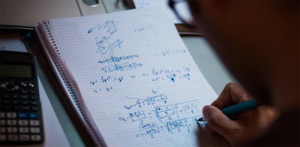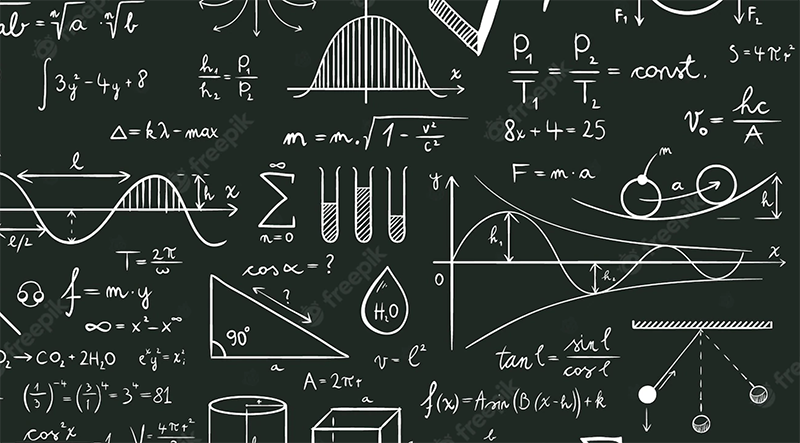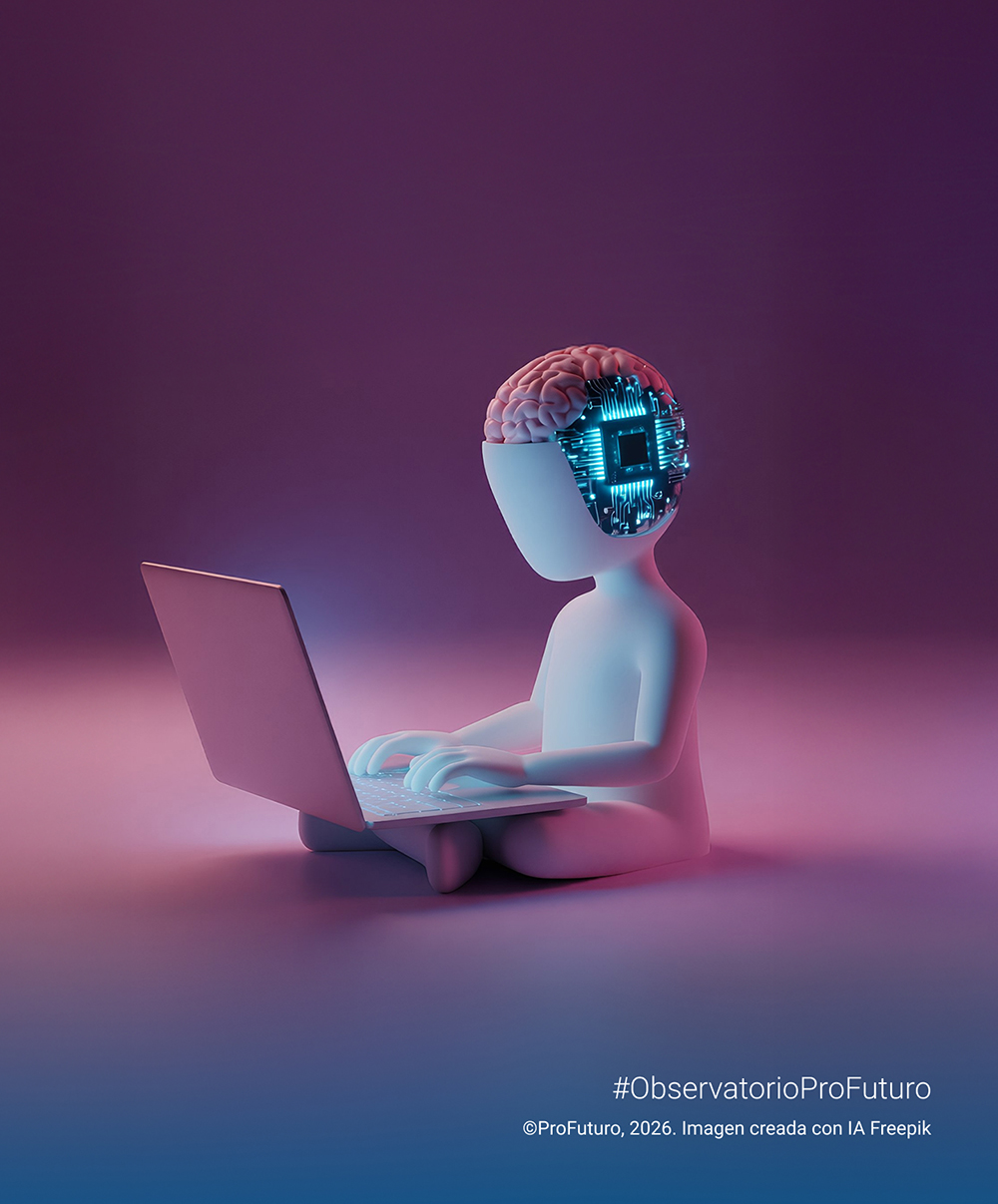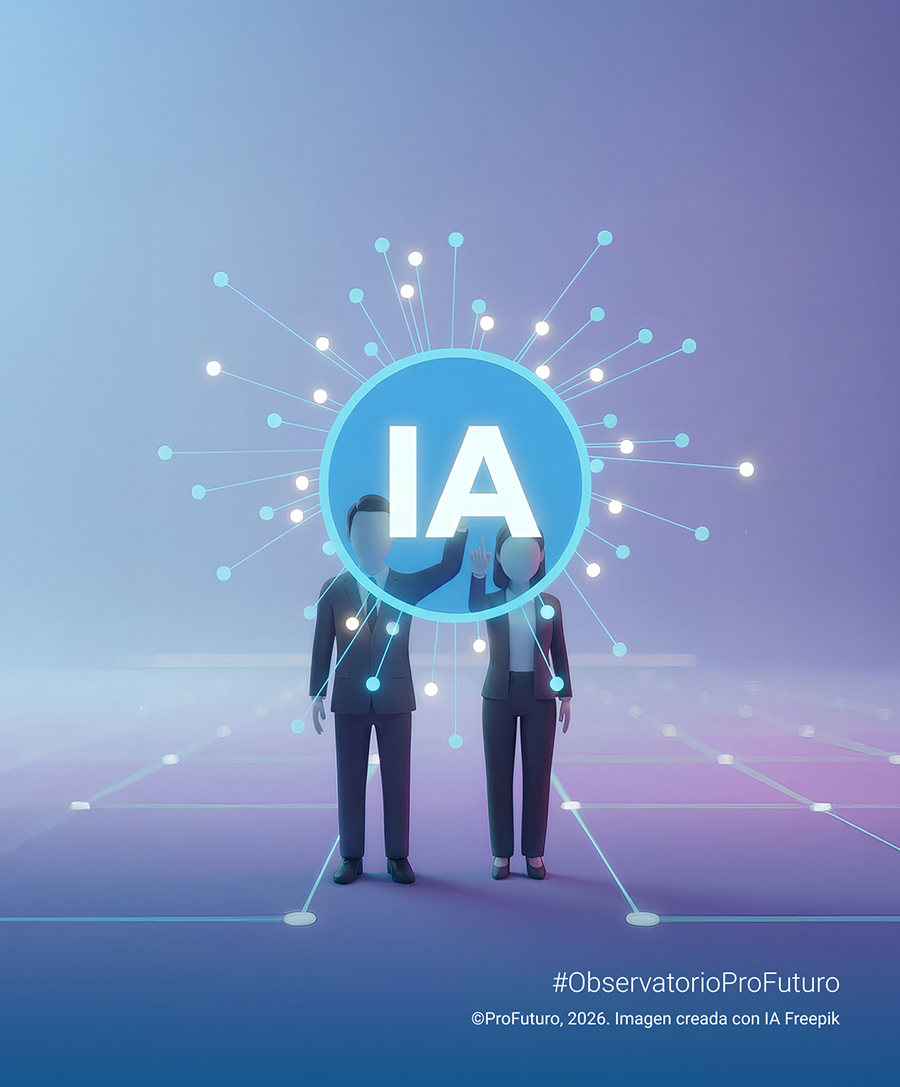Many of the most incredible things on the planet are linked to mathematics. To give some examples there is an equation for the best angle for dipping a biscuit in milk. And did you know that Mozart’s music and Mathematics are also closely related? According to UNESCO, strengthening mathematical sciences education is essential to address challenges in areas such as artificial intelligence, climate change, energy and sustainable development, as well as to improve the quality of life in the developed and developing world. However, the subject is not at its best in schools. The data tell us that something is wrong. Children get bored, they don’t understand it, they are afraid of it.
On the other hand, it’s evident that studying and learning mathematics properly is and will be increasingly important in enabling children to become citizens of this new society. PISA also says so in its theoretical framework for the mathematics tests in 2021. This is demonstrated by the reality of higher education, where mathematics is experiencing an unprecedented boom and those who are privileged enough to understand it and enjoy it are in great demand by companies in all sectors.

So, on the one hand, we have an increasingly mathematical world and, on the other hand, we have bored students who do not understand the subject and unmotivated teachers who fail to engage their students. How is it possible, if it’s so exciting and it gives rise to such incredible things, that it’s one of the most boring and hated subjects by all students? What are we doing wrong when we teach it? The ProFuturo Observatory wants to contribute to the objective of this mathematical anniversary by trying to answer these questions.
Less repetition and more reasoning
What do mathematicians think of all this? Well, most of them agree that we’re teaching the subject poorly. That the teaching is completely out of touch with today’s world and that there is a need for less repetition and memorisation and more logical reasoning. For example, knowing how to ask the right question or learning how to transform real-world problems into mathematical problems in order to solve them. Computers already do the calculations much better and faster than we do. Mathematician Conrad Wolfram tells it well in this excellent Ted Talk, which you should not miss.
Mathematical thinking
It is about developing mathematical thinking, which is not the same as mathematics. One can know how to do arithmetic operations or geometrical calculations without thinking mathematically. In the same way that someone can use mathematical thinking and make a mistake in calculating the perimeter of a square. In this Mexico Telefónica Foundation podcast they explain what mathematical thinking is, how to develop it and how technological resources contribute to the teaching and learning process of mathematics.
Eliminating the mathematical gap in the equation
The data are not good. We know that, in recent years, developing countries have made great strides in terms of access to education. However, going to school is not the same as learning. According to the World Bank in many countries, children reach the fourth grade without knowing how to subtract two-digit numbers. The 2018 PISA-D (PISA for Development) test shows shocking data: less than 10% achieve minimum proficiency in mathematics (compared to an OECD average of 76% and 71% respectively). Three countries in the world, including Panama and the Dominican Republic, scored so low that a new level, called “Below Level 1”, had to be created.
So children go to school but they don’t learn what they need to learn. In this way, education cannot be what puts an end to extreme poverty, creates opportunities or promotes shared prosperity. What are these skills in terms of mathematics and what is the specific situation of mathematics teaching in the classrooms of the most vulnerable countries?
Latin America: untapped talent
According to the latest report published by the International Commission on Mathematical Instruction (ICMI), the Latin American and Caribbean region has a great deal of untapped mathematical talent. The most pressing challenges in this region have to do with outdated methodologies and a huge inequality of learning according to students’ socio-economic status. According to ICMI, solutions include better use of human and financial resources and strategic actions such as fostering the connection between mathematics and society to encourage investment, training teachers and increasing the involvement of mathematicians in the teaching of the subject.
Mathematics in Africa: great hope for the future
According to a report by the International Mathematics Union mathematics education at both primary and secondary level is poor in most African countries. This reduces the potential for talented students who could choose careers in mathematics at university level. According to the same report, challenges in Africa include low numbers of teachers, their professional and geographical isolation and low salaries, overcrowded classrooms, lack of infrastructure and teaching materials, and non-standardised teacher training due to lack of resources. The solutions would be to raise the status of teachers and provide them with government support, strengthen teaching at primary and secondary level, identify the most talented students and offer them scholarships.
Innovating in the education of Mathematics
Memorising formulas and tables and calculating to exhaustion are by no means the only ways to learn mathematics. The world has changed and the teaching of mathematics must change too. For this reason, new methodologies have emerged in recent years which, where they have been applied, have proven to be effective. Here are a few of them.
Jump Math: discovering the hidden talent for mathematics
JumpMath (Junior Undiscovered Math Prodigies) is based on the idea that children learn better when they feel admired and rewarded. Therefore, the method, which devotes particular attention to teachers and their way of teaching the subject, breaks down sophisticated mathematical concepts into very simple steps and fills the learning space with interaction and positive feedback. In this post we tell you more details.
Singapore Method: “Manipulating” Mathematics
The small Asian archipelago of Singapore has topped all international Mathematics learning rankings for years: The country has developed a pedagogy of teaching the subject that incorporates the best principles of learning into its daily lessons. What’s special about it? Why does it succeed where traditional methods fail? Discover it in this post.
From figure to number: ABN (Open-ended Number Based method), betting on simple Mathematics
When a person understands what they do, “they learn better, learn more, forget less and are able to connect that which they learnt with other new things they learn.” Understanding what we do. Specifying the figures. Reforming mathematics teaching to make operations more comprehensible. This is the aim of the ABN Method, a new way of teaching mathematics that was born barely a decade ago in the south of Spain and which, thanks to its positive and encouraging results, has quickly spread throughout the rest of the country. We tell you their secrets in this post.
Oráculo Matemágico: when Mathematics becomes a game for children
Accept a mission. Defeat your opponent or a mathematician. Fight mythical characters from other cultures in a duel, strategise and manage your magical powers. Accumulate points, move up through the levels, gain special powers and abilities. Earn resources and coins. Your goal: to become part of a very special order. The Oráculo Matemágico is an educational project developed by the Telefónica Foundation in collaboration with the Pontifical Catholic University of Peru. The result is this App, aimed at students aged between 10 and 14, which combines exercises and games and makes learning maths an exciting and highly engaging adventure. Here’s how.
ProFuturo Mathematics and Data Analytics
“Education systems exist so that intelligence is not just down to a game of chance, but they face so many difficulties in keeping up with the times that, in the end, the effect of schooling in this regard is very low.” That is why at IteNLearning they are experts in applying technology to ensure that the socio-economic and cultural background of the students does not condition or determine their cognitive level. Their model for learning mathematics is based on the brain’s learning processes and can be applied in any country and context.
Based on this model that combines science and technology, in collaboration with ProFuturo, IteNlearning has developed ProFuturo Mathematics, a Professional Educational Tool for the development of specific cognitive processes in the subject of maths for students from 8 to 12 years of age, deployed in more than 20 countries for more than 10 million students. In addition to all the features present in iteNLearning’s educational tools, it incorporates an important data analytics component that will allow not only the continuous evaluation of the student, but also the development of advanced learning analytics, which will perform a “scientific” study of the students’ starting point and their progress, as well as the specific success of the different work dynamics established in the project.
Modernising the education of Mathematics
It is clear that we cannot learn mathematics in the same way as it was learnt more than 100 years ago. As has happened in virtually all areas of life, technology has taken mathematics to another level. Why spend years teaching children to do things that computers can do in seconds? We need to take good note of this and start proposing methods that make good use of technology and train and prepare our brains to make the most of mathematics to live happily in the society of the future.







